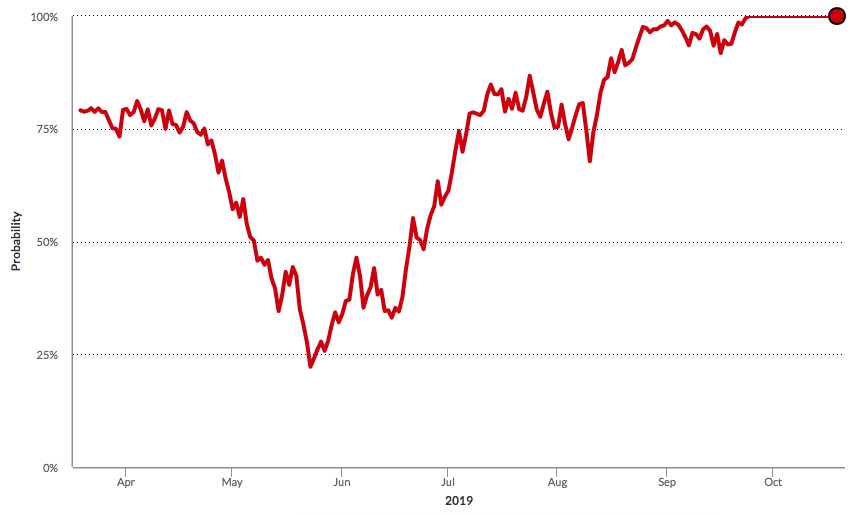
Every year, I spend a few days with friends who also have their own solo businesses. The offsite, as I’ve come to know it, started with just one friend. It’s grown to a group of four — each of us with our own unique perspective on how to build a great business.
Last night, I gave a presentation to the group, where I walked through a few ideas for the future of Inbox Collective. Some were small ideas that I wanted suggestions about; one was a major moonshot for the business, something that would radically change the course of the business. I wasn’t sure if I was ready to do something so big, something that might take Inbox Collective from a one-person operation into a pretty sizable business. But I wanted to know what they thought.
And I loved that the group had a unified response to that last idea: We love the idea as a business — but we’re not sure we love it for you.
It’s exactly what I’d been thinking, so to hear three friends immediately come to the same conclusion was heartening. Their hesitancy gave me confidence that I was already on the right track. Some ideas, even if they’re interesting, are worth saying “no” to.
Today, one of my friends here on the offsite tried to offer an apology. “I hope we weren’t too harsh about that last idea,” he said. I waved him off. I told him: I presented the idea because I wanted to know what you three honestly thought about it, and the fact that you all were so skeptical of the idea — and skeptical because you felt it didn’t line up with my current priorities and needs — told me everything I needed to know.
I wanted the feedback, good or bad. I’m glad I’ve got a group in my corner who can point me away from the ideas that don’t make sense for me.
———
That’s a slide from my presentation to the group.






